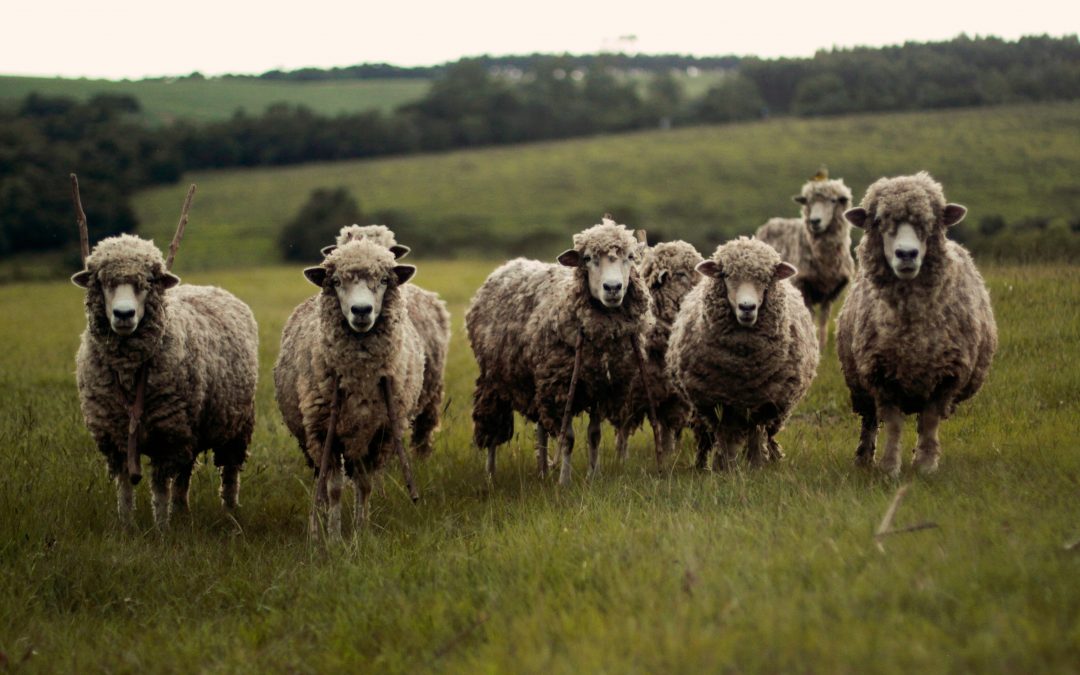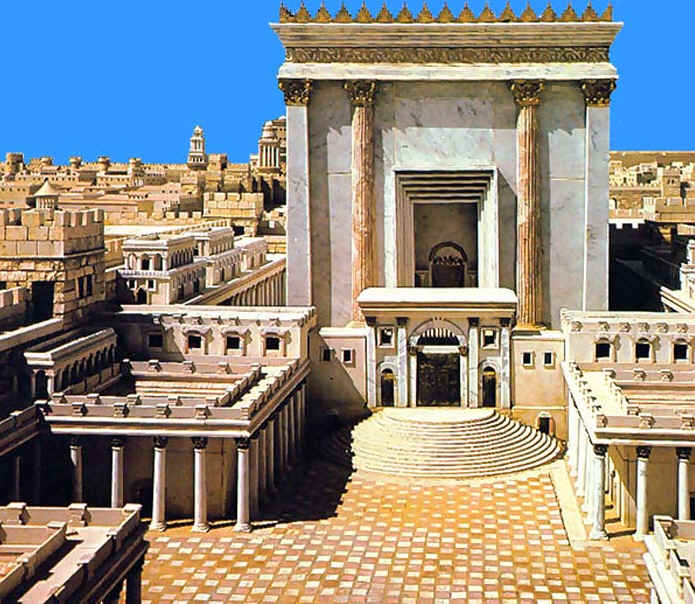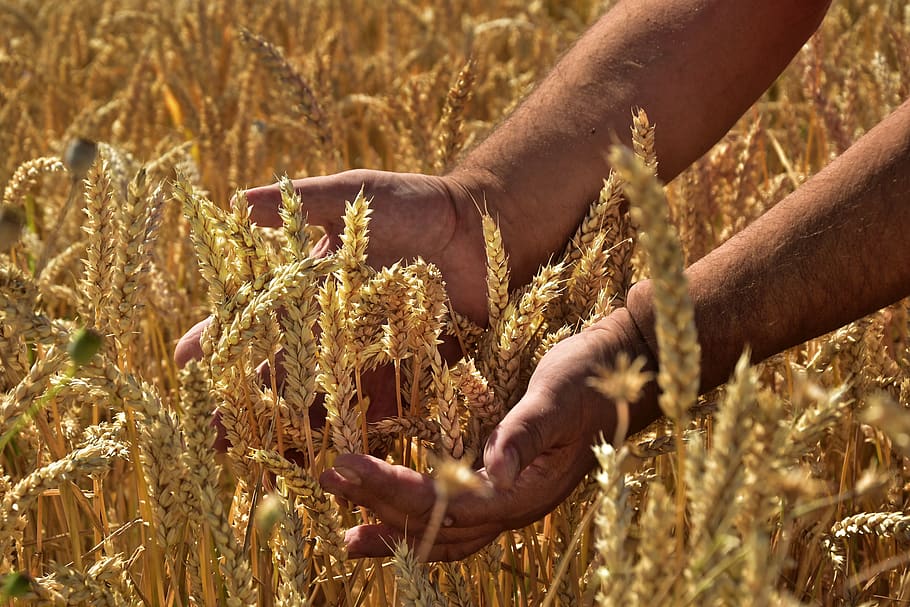
Leadership Is Not About Me
In this week's reading, G-d tells Moshe to assemble 70 of the Elders of Israel, for them to be prophets to the people [see Num. 11:16-17 and 24-29]. They would form the Sanhedrin, the Supreme Rabbinic Court. There were 12 tribes, and the division was to be as equal as...

Striving for More
In this week's reading, we learn about the inaugural offerings brought by the heads of each Tribe of Israel to the Tabernacle. First the Torah spells out for us, in detail, the contents of the first offering, brought by. Nachshon ben Aminodov of the tribe of Yehudah....

Everyone Counts
Our reading this week discusses at length the camp of the Children of Israel “in the desert”—Bamidbar. The head of each tribe is identified, followed by a census of that tribe. This is followed in turn by a description of where each tribe, and group of tribes, camped...

After the Curses
We hardly need reminders that this has been a painful year, making the curses found in our reading this week perhaps even more difficult to read than usual. Several lines within it might even be regarded as triggering, in modern lexicon, to those who experienced the...

The Promise of the Land
The laws of Shmittah, the Sabbatical Year, are so unique, and so contrary to nature, that they are used to demonstrate that G-d has true power over His world, and gave us the Torah. Today, observance of the Sabbatical every seven years is a Rabbinic obligation (in the...

Guidance for Life
At the beginning of our reading, Kedoshim, Moshe is commanded to "speak to the entire congregation of the Children of Israel" [19:2]. Rashi explains that everyone was summoned to Moshe, to be taught these Commandments together. Why? Because, Rashi says, the majority...



